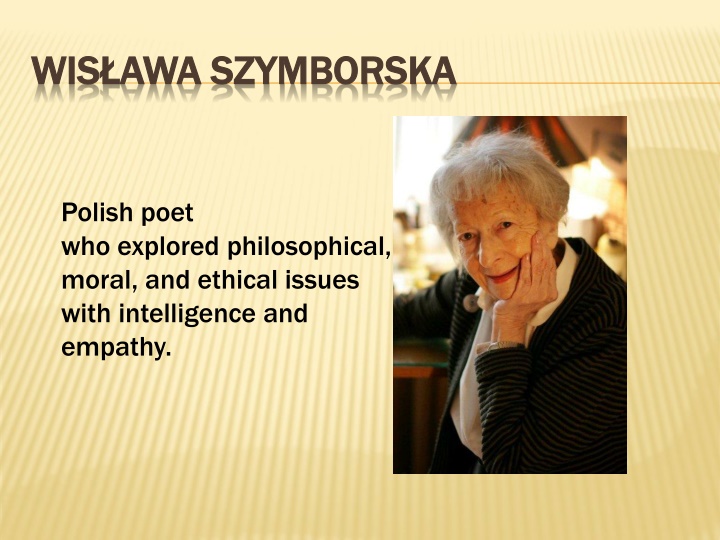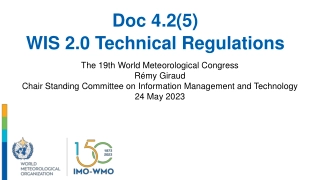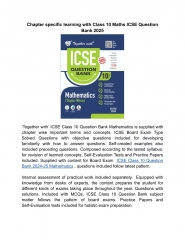WISŁAWA SZYMBORSKA
"Wisława Szymborska, a Polish poet, delved into philosophical, moral, and ethical subjects with intelligence and empathy. She won the Nobel Prize for Literature in 1996 and received numerous other prestigious awards. Born in 1923, Szymborska's literary journey began in Kraków, where she studied literature and sociology, later becoming known for her insightful poetry. Her work has been translated into multiple languages, captivating audiences worldwide. Explore the life and legacy of this remarkable poet."
Download Presentation

Please find below an Image/Link to download the presentation.
The content on the website is provided AS IS for your information and personal use only. It may not be sold, licensed, or shared on other websites without obtaining consent from the author.If you encounter any issues during the download, it is possible that the publisher has removed the file from their server.
You are allowed to download the files provided on this website for personal or commercial use, subject to the condition that they are used lawfully. All files are the property of their respective owners.
The content on the website is provided AS IS for your information and personal use only. It may not be sold, licensed, or shared on other websites without obtaining consent from the author.
E N D
Presentation Transcript
WISAWA SZYMBORSKA WIS AWA SZYMBORSKA Polish poet who explored philosophical, moral, and ethical issues with intelligence and empathy.
WISAWA WIS AWA SZYMBORSKA SZYMBORSKA In 1996 she received the Nobel Prize for Literature. Her work has been translated into English and many European languages, as well as into Arabic, Hebrew, Japanese and Chinese.
WISAWA WIS AWA SZYMBORSKA SZYMBORSKA Prizes and Awards Prizes and Awards 1954: The City of 1954: The City of Krak w 1963: The Polish Ministry of Culture Prize 1963: The Polish Ministry of Culture Prize 1991: The Goethe Prize 1991: The Goethe Prize 1995: The Herder Prize 1995: The Herder Prize 1995: Honorary Doctor of the Adam Mickiewicz University ( 1995: Honorary Doctor of the Adam Mickiewicz University (Pozna 1996: The Polish PEN Club prize 1996: The Polish PEN Club prize 1996: Nobel Prize for Literature 1996: Nobel Prize for Literature 2011: Order of the White Eagle 2011: Order of the White Eagle Krak w Prize for Literature Prize for Literature Pozna ) )
WISAWA WIS AWA SZYMBORSKA SZYMBORSKA Szymborska was born on 2 July 1923 in Prowent. She later moved to Krak w in 1931 and studied literature and sociology at the Jagiellonian University there between 1945 and 1948. Her first published poem, Szukam s owa ( I Seek the Word ), appeared in a Krak w newspaper in March 1945. Her first volume of poetry, Dlatego yjemy (1952; That's Why We Are Alive ), was an attempt to conform to Socialist Realism, the officially approved literary style of Poland's communist regime. In 1953 she joined the editorial staff of ycie Literackie ( Literary Life ), a weekly magazine of intellectual interests, and remained there until 1981. During this period she gained a reputation not only as a poet but also as a book reviewer and translator of French poetry. In the 1980s she wrote for the underground press under the pseudonym Stancyk wna and for a magazine in Paris. Wis awa Szymborska died 1 February 2012 at home in Krak w, aged 88.
WISAWA WIS AWA SZYMBORSKA SZYMBORSKA Cat in an Empty Apartment Cat in an Empty Apartment Die you can t do that to a cat. Since what can a cat do in an empty apartment? Climb the walls? Rub up against the furniture? Nothing seems different here but nothing is the same. Nothing s been moved but there s more space. And at nighttime no lamps are lit. Someone was always, always here, then suddenly disappeared and stubbornly stays disappeared. Every closet s been examined. Every shelf has been explored. Excavations under the carpet turned up nothing. A commandment was even broken: papers scattered everywhere. What remains to be done. Just sleep and wait. Just wait till he turns up, just let him show his face. Will he ever get a lesson on what not to do to a cat. Sidle toward him as if unwilling and ever so slow on visibly offended paws, and no leaps or squeals at least to start. Footsteps on the staircase, but they re new ones. The hand that puts fish on the saucer has changed, too. Something doesn t start at its usual time. Something doesn t happen as it should.














